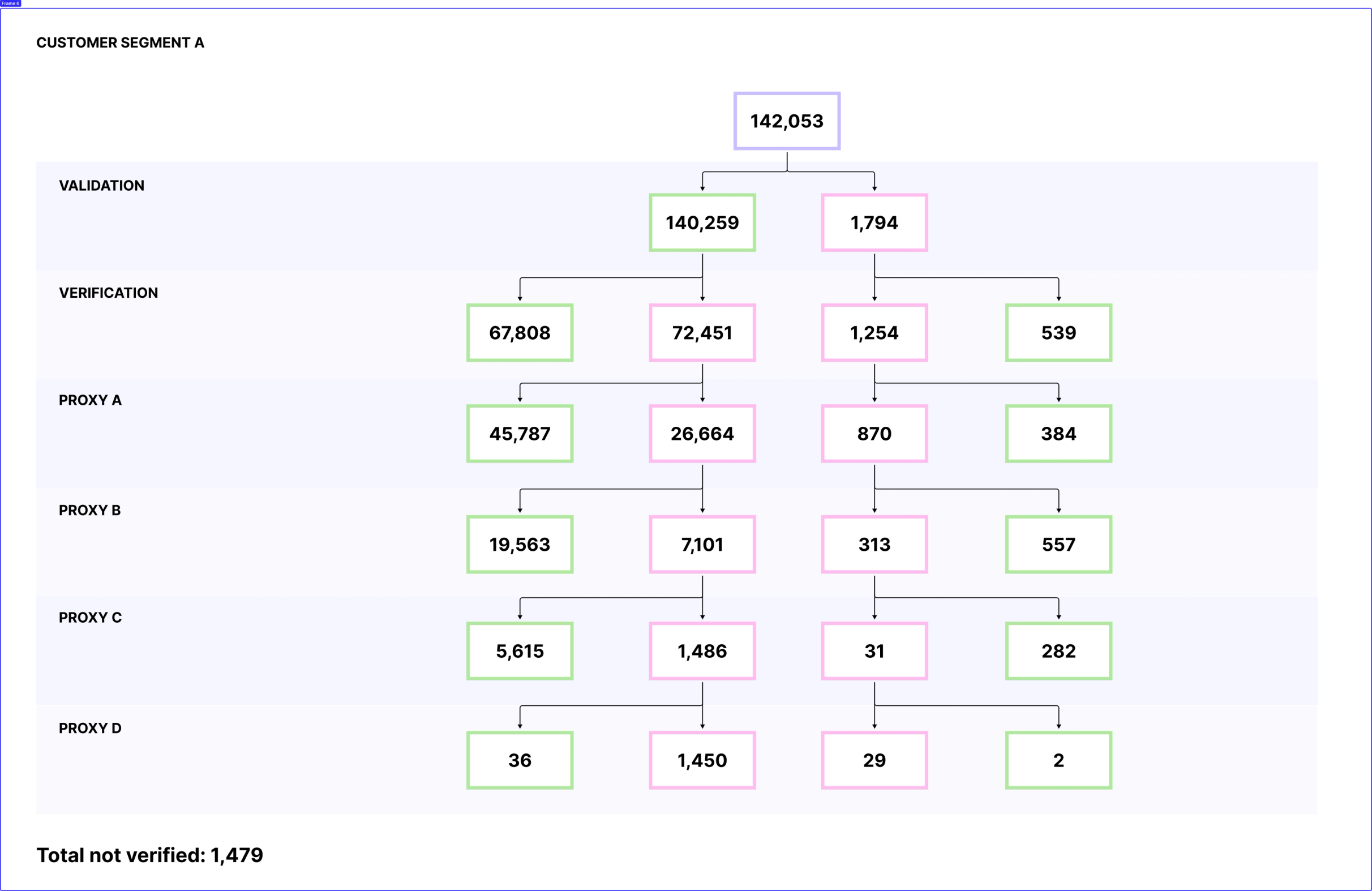Database migration and KYC compliance with confidence - Count at MAJORITY
MAJORITY is a groundbreaking all-in-one digital financial service app that includes an FDIC-insured account, Visa® card, money remittance, international calling, and many other migrant-focused services.
Michel Radosavljevic is the Head of Data at Majority managing a data team of 3.
With Count, Michel’s team manages the complexity of finance auditing, and an ongoing database migration while keeping his team working together and the business informed.
Their data stack is Snowflake, BigQuery, Looker, and Count.
Migrating >700 dbt models with confidence
Database migrations are never easy, but as Michel’s team was migrating from Snowflake to BigQuery at the start of the year, they realized just how difficult a task they had ahead of them.
“I knew the syntax would be different but it was so much more than that. We’re moving across over 700 dbt models, all of which have to match up exactly. We use the canvas to have the Snowflake models and results on one side and BigQuery on the other and we can compare each one to make sure it matches…I really don’t know how we would do this without Count.”
Each canvas can connect to multiple data sources, including Snowflake, BigQuery, and dbt. Michel and his team import each dbt model from Snowflake, and the new ones being built in BigQuery, then compare the results in the canvas.
The result is a migration that has taken 3 months instead of 6, and one in which Michel and his team are confident they won’t run into any unexpected issues in a few months.
Unprecedented KYC visibility with metric trees
Know Your Customer (KYC) standards protect financial services institutions against fraud, corruption, money laundering, and terrorist financing. Many KYC standards involve financial institutions validating their customers’ identities.
To be compliant, Michel and his team regularly need to perform detailed data audits that validate everything from user names, addresses, passport info, and selfies.
“Before we did this in Datagrip, and exported the results table and sent it to the different teams who needed to action it. But a lot of teams didn’t understand how we’d done the queries, or it didn’t integrate nicely with their workflows. It was also hard to get a high-level look at how we were doing.”
Metric trees
Michel presented KYC information as a metric tree to improve visibility, interpretability, and resolution speed. Metric trees break down a component of KYC - like location - into smaller chunks. This way each team can see which part of the KYC validation process needs a closer look.

“It’s been great. Everyone is now looking at the same report, and we have updates going to Slack to see the latest status. The metric tree makes a lot more sense to people, and there’s the added benefit that we can all work in the same canvas, and we aren’t writing one-off queries in Datagrip every few months. This is built to last.”
What’s next?
With the database migration wrapping up, and KYC audits getting more automated, Michel is looking forward to improving how the wider organization explores data on their own.
“We have a lot of advanced Looker users, but also a lot of people that are new to it. Looker is great for some things but it’s really hard to do documentation in Looker. Count, however, is an ideal place to teach someone about our models and how best to use them. It’s going to be really powerful.”
With Count’s Looker integration, Michel and his team plan on creating Count templates for the key LookML models, each with bespoke explanations and documentation.